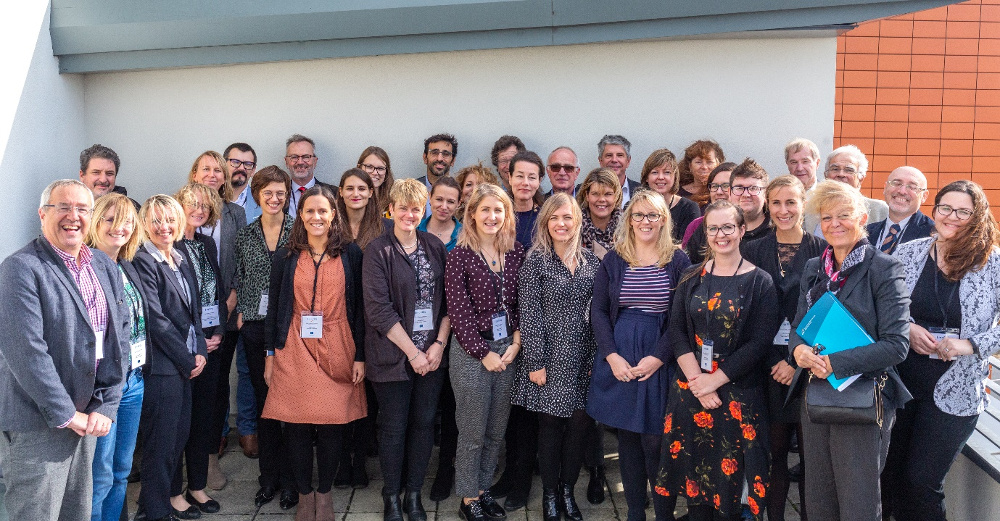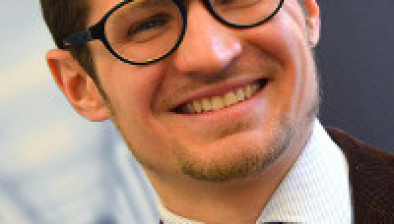Ms Justice Ní Raifeartaigh addresses international symposium on the right to silence

International experts on the right to silence were addressed by Ms Justice Úna Ní Raifeartaigh and researchers from four jurisdictions at a recent Dublin City University (DCU) symposium.
The symposium was hosted by associate law professor Yvonne Daly as part of the EmpRiSe project, an EU-funded project which sees DCU working in collaboration with Maastricht University, Antwerp University, and KU Leuven.
The project seeks not only to examine the law on silence in Ireland, the Netherlands, Belgium and Italy respectively, but also to carry out an empirical study on the exercise of the right and perceptions of the right.
To do so, researchers will employ a variety of qualitative research methods, including observations, case-file analysis, semi-structure interviews and focus groups, while engaging with judges, prosecutors, lawyers, police officers and former suspects.
The symposium was opened by Professor Brian MacCraith, president of DCU, and heard a welcome address by Ms Justice Ní Raifeartaigh, who was nominated last week for elevation from the High Court to the Court of Appeal.
She gave a presentation on both the historic and philosophical underpinnings of the right to silence, as well as the practical implications of its use in police custody, drawing on her experiences as a criminal barrister to highlight the importance of the right to a fair trial.
Ms Justice Ní Raifeartaigh also spoke about the complex and nuanced nature of the right to silence, which may not always be readily understood by those in police custody.
Following her introductory address, the EmpRiSe project teams from each partner university outlined their findings on the law on silence in police custody in the four jurisdictions. Interesting similarities and differences became apparent, and Dr Hannah Quirk, reader in criminal law at King’s College London, guided the subsequent discussion on the legal issues.
In the afternoon, those present, which included experts on the right to silence, policing, criminal justice, and empirical research methodologies, from Ireland, the UK, and the rest of Europe, as well as a number of local practitioners, were split into groups to offer helpful insights and suggestions for the empirical aspect of the project.
Professor Hans Nelen of Maastricht University then facilitated the discussion and feedback from each of these groups.








